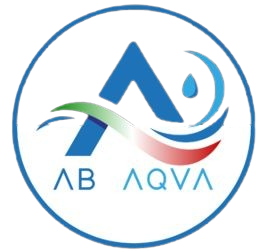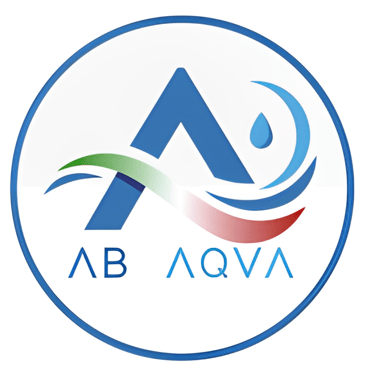Academic Course - Atyrau University
Filippo Verre - 12-20 November 2024

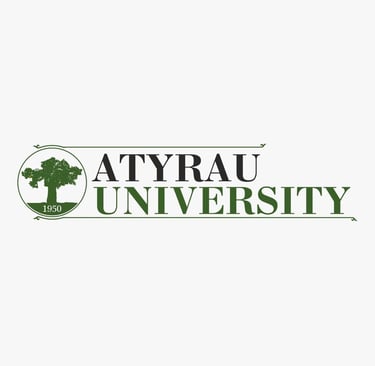
The collaboration project between Dr. Filippo Verre, researcher at Lund University and president at AB AQUA, and Atyrau University in Kazakhstan is an emblematic example of academic cooperation and strategic consulting in the field of water management. Atyrau, given its centrality for mining activities in Kazakhstan, faces significant challenges related to the sustainable use of water resources in a high-intensity industrial context.
Atyrau, located in western Kazakhstan along the Ural River, is one of the most strategic cities for the national economy due to its central role in the oil and gas industry. Considered the ‘energy capital’ of Kazakhstan, Atyrau is the hub of hydrocarbon extraction and export activities, contributing significantly to the country's economic growth. The city is located near the Caspian Basin, one of the richest regions of hydrocarbon reserves in the world. This basin is home to Kazakhstan's main oil and gas fields, including Tengiz, Kashagan and Karachaganak, all located in the vicinity of Atyrau:
Tengiz Field : The Tengiz field, discovered in the 1970s, is one of the largest in the world, with estimated reserves of around 26 billion barrels of oil. It is operated by Tengizchevroil (TCO), a joint venture between Chevron, ExxonMobil, KazMunayGas and LukArco.
Kashagan Field : Another nearby field, Kashagan, represents one of the most complex and expensive offshore projects ever developed. It is a significant source of oil for Kazakhstan's exports.
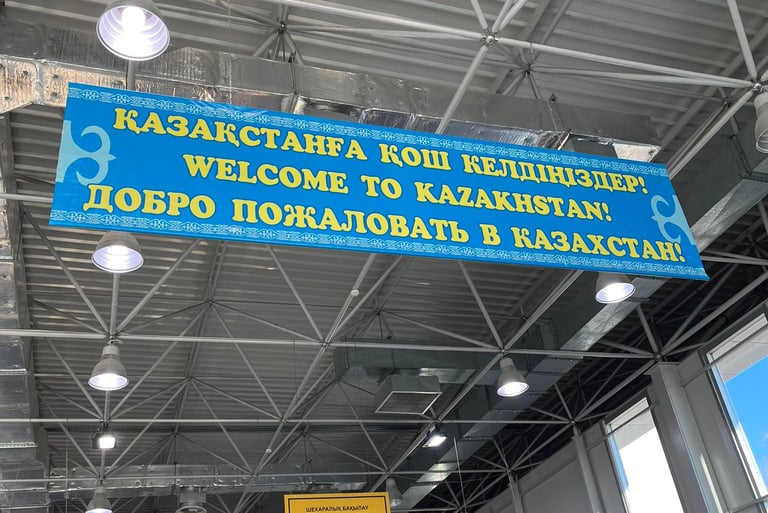

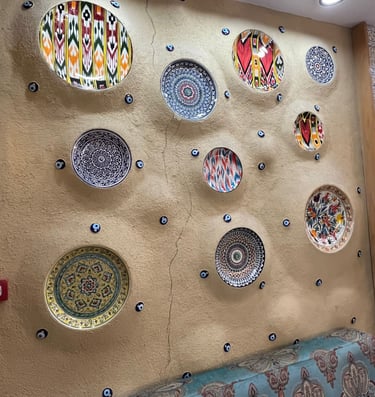

Atyrau and its industrial infrastructure contribute about 50% of Kazakhstan's total oil production. This makes the city a mainstay for energy exports, which account for over 60% of state revenues. Through key infrastructure such as the Caspian Pipeline Consortium (CPC) pipeline, oil extracted in the Atyrau region is exported to global markets, including Europe and Asia.
Atyrau is home to one of the largest and most modern refineries in Kazakhstan, which plays a crucial role in the processing of crude oil into refined products. In addition, the city is home to numerous support facilities, including gas compression stations and processing plants. In addition, the port of Atyrau facilitates the transport of materials and energy resources, connecting Kazakhstan to international markets via the Caspian Sea.
Undoubtedly, the intense industrial activity has a significant impact on the region's natural resources, particularly water. Atyrau depends on the Ural River for its water supply, but the extraction of hydrocarbons increases the risk of pollution and over-exploitation of water resources. Therefore, sustainable water management policies and innovative technologies should be implemented to mitigate the environmental impact.
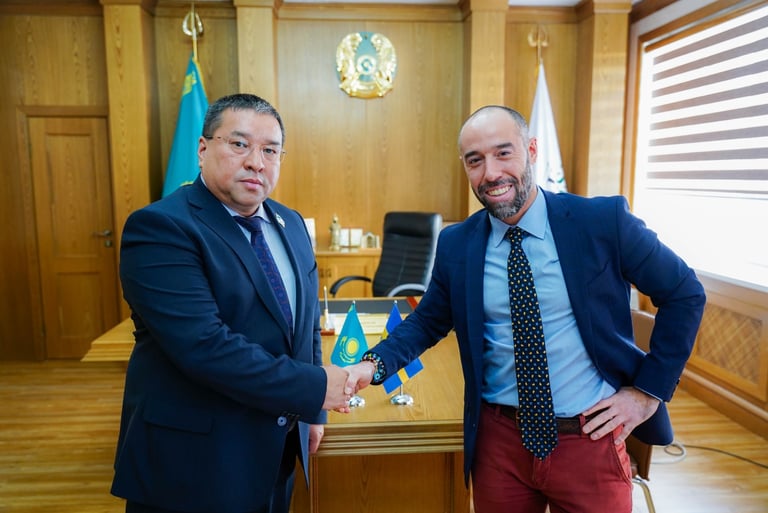

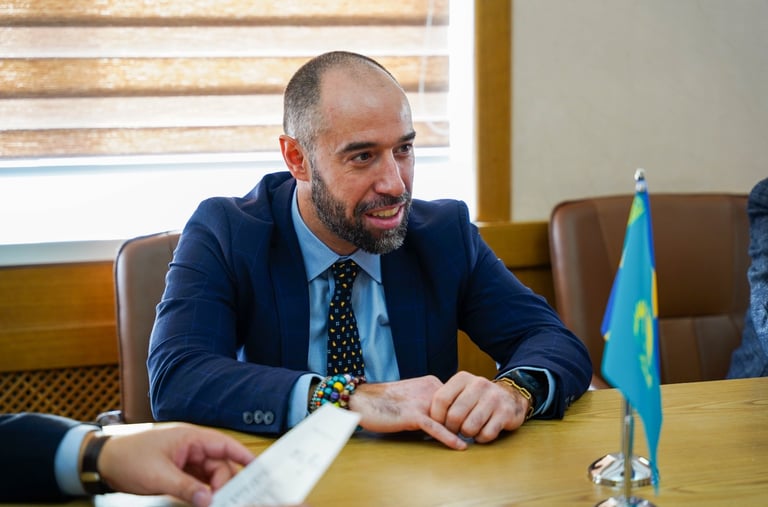

From a hydro-strategic perspective, the collaboration between Dr. Filippo Verre and Atyrau University aims to develop policies and practices that balance production needs with the need to conserve water resources, integrating innovative and technological approaches. Through a detailed analysis of local water flows and industrial needs, Dr Verre and his team advised on how to optimise the use of water resources, reduce waste and minimize the environmental impact of industrial operations.
On the research side, the collaboration focused on interdisciplinary studies to understand the impact of industrial activities on water quality and availability. Workshops and seminars were conducted to train local students and researchers on water quality monitoring techniques, the use of innovative wastewater treatment technologies and the design of integrated water resource management systems.
Dr Verre also held a teaching course, aimed at local students and professionals, on the importance of proper water management in the economic, industrial and production sectors. The course covered key topics such as:
The optimisation of water use in industrial processes.
The economic impact of inefficient water management.
The importance of sustainable water policies to support long-term economic growth.
The project provided a bridge between AB AQUA's international experience and the specific needs of an industrial city like Atyrau, strengthening local capacities in water management and promoting a sustainable view of resources in a context of high environmental pressure.
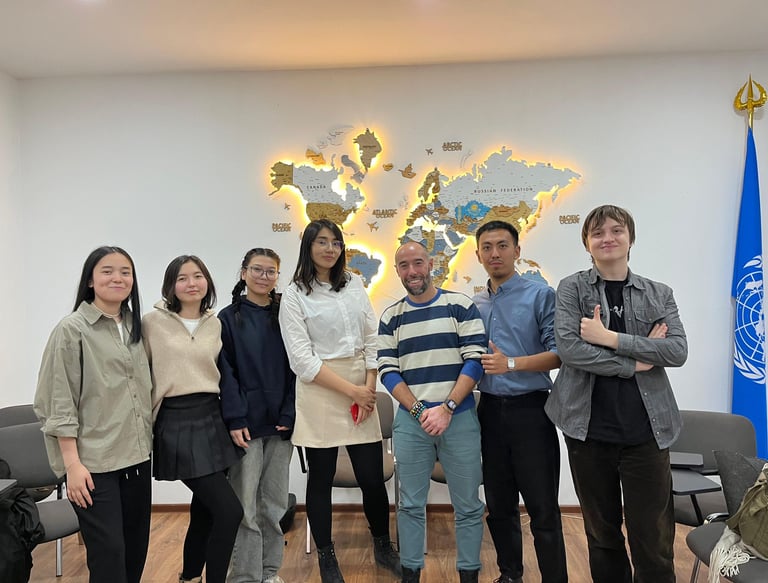

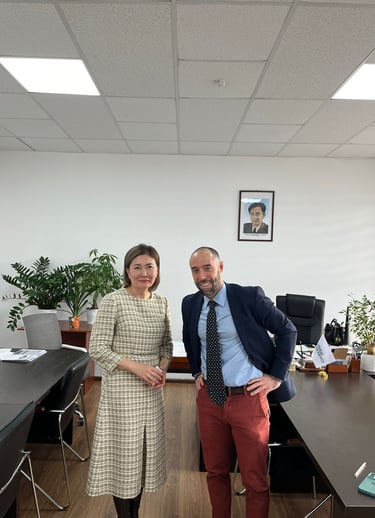

Abaqua
Via Cassia, 615
00189 Roma (RM)
© 2024. All rights reserved.
Codice Fiscale: 96584590580
